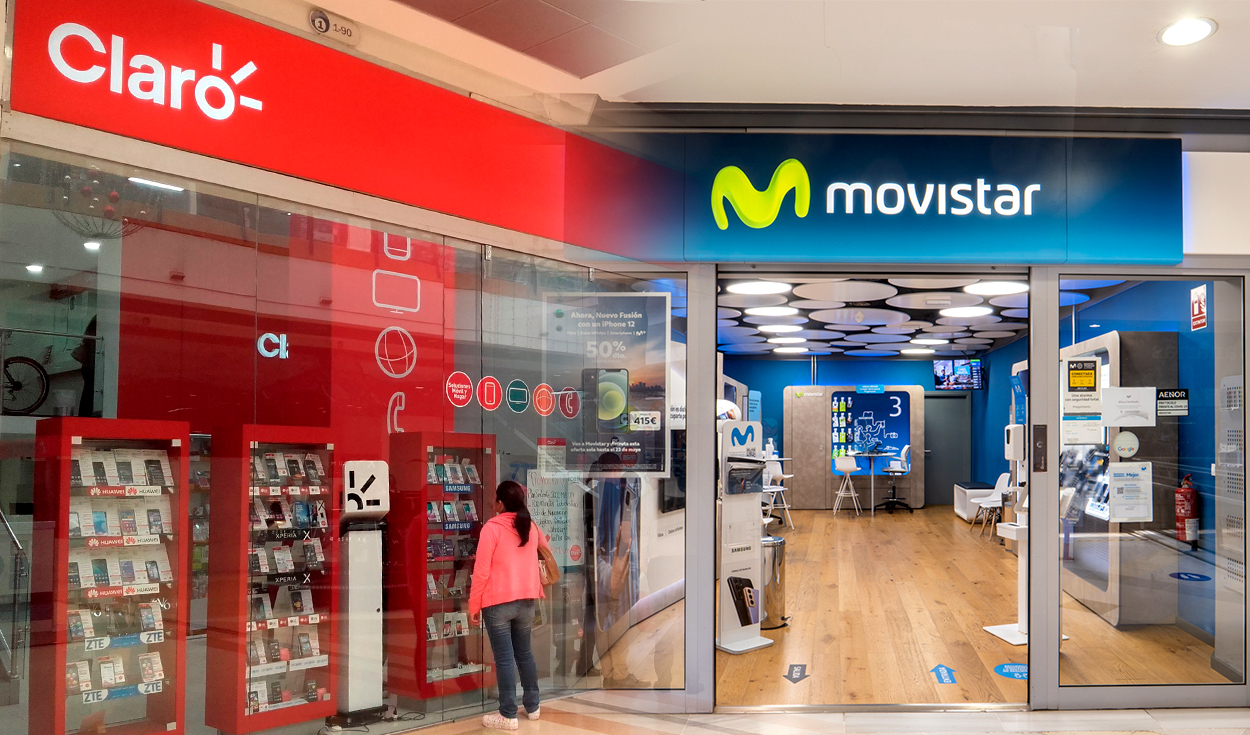
From 2020 to March 2023, the Supervisory Agency for Private Investment in Telecommunications (Osiptel) has fined mobile service operating companies for more than S/25 million for violations related to inspections of the sale of chips for cell phones on the road. public.
Of the S/25 million 353,518 with which companies were penalized for engaging in this practice despite being prohibited, the largest amount corresponds to Telefónica, with S/7.59 million (30%); followed by Claro, with S/6.27 million (25%); Entel, with S/6.09 million (24%); and Bitel, with S/5.40 million (21%).
The director of Inspection and Instruction of Osiptel, Luis Pacheco, pointed out that the acquisition of chips for telephones on public roads is prohibited, since, in accordance with current regulations, the contracting of mobile services through distributors It is carried out only at points of sale with a specific address and that have been previously reported by the operating companies to the regulatory body.
“Osiptel has established minimum rules regarding the marketing channels of the operating companies, so that the contracting of the service is carried out providing sufficient information to the user and the ownership of the public telecommunications services is properly registered,” he added. .
What are the dangers associated with selling chips on public roads?
Citizens who contract mobile lines on an outpatient basis give their fingerprint information to a stranger on the street and run the risk of identity theft in transactions that, Lacking official control and supervision, they can lead to criminal actions and criminal organization.
Below are some of the dangers derived from the sale of chips on public roads, according to Osiptel:
- Improper use of fingerprint. The user’s personal information and fingerprint could be used for purposes other than those authorized.
- Identity fraud. Produced identity theft through the misuse of the fingerprint, strangers can impersonate the victim in procedures and even criminal acts, such as cyber fraud.
- Hiring mobile lines or unauthorized portability. They could also carry out unauthorized procedures (hiring mobile lines, porting and migrations), or unauthorized purchases of high-end equipment.
- Unauthorized income to bank accounts and money withdrawals. With personal data and fingerprint information captured by strangers, the security of various mobile applications of the victim is violated.
- Lines contracted without consent could end up in the hands of criminals. With the victim’s fingerprint, a bad seller can activate other lines and sell them to people who do not want to be identified to commit criminal acts such as extortion.
The data:
- The irregular sales of mobile lines, mostly carried out on the street on an outpatient basis, led to the fact that, in 2022, people file more than 77,000 claims with the four main operating companies for the unsolicited contracting of the postpaid mobile service.
- In that same year, the operating companies registered more than 10,000 questions of ownership of prepaid mobile services.
Source: Larepublica
Alia is a professional author and journalist, working at 247 news agency. She writes on various topics from economy news to general interest pieces, providing readers with relevant and informative content. With years of experience, she brings a unique perspective and in-depth analysis to her work.











